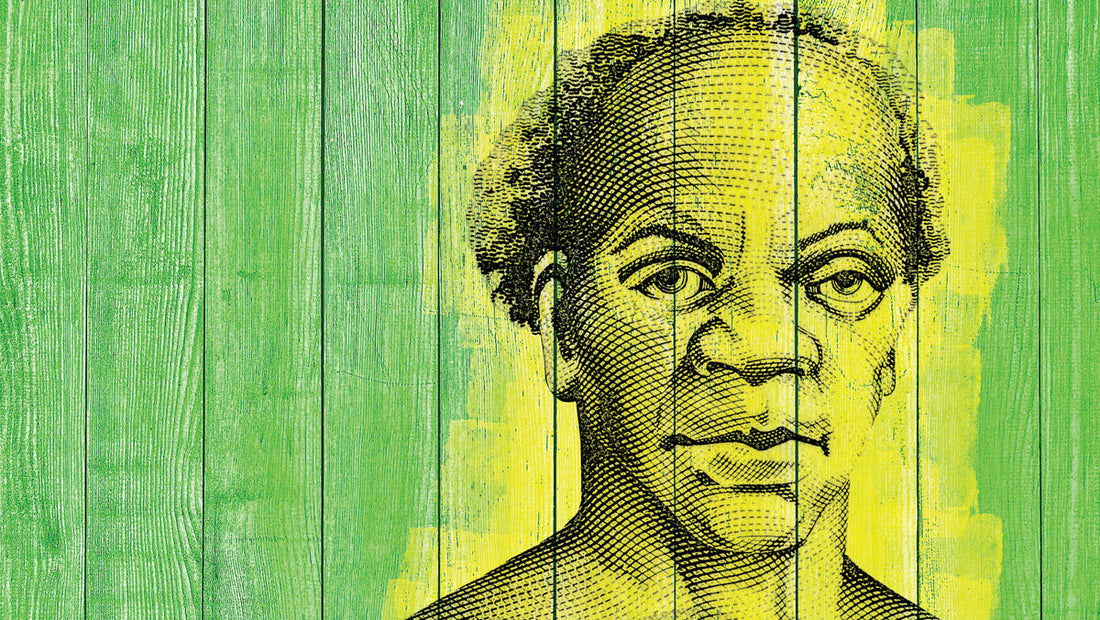
Sam Sharpe: Liberator
Share
The rebellion that used Baptist religious meetings to recruit and plan, and the man who inspired the resistance.
In December 1831, as Christmas approached on the sugar plantations of western Jamaica, a different spirit stirred among the enslaved population. While plantation owners prepared for seasonal celebrations, an underground network led by a literate, charismatic Baptist deacon named Sam Sharpe was organising what would become the largest slave rebellion in Jamaica's history.
This uprising – sometimes called the Baptist War or the Christmas Rebellion – would help to hasten the end of slavery in the British Empire and transform Sharpe from an enslaved man into a national hero whose face now adorns Jamaica's $50 bill. His story illuminates how enslaved people engineered their own liberation through strategic resistance, religious organisation, and moral courage, challenging the persistent narrative that emancipation came primarily through white benevolence.
Sam Sharpe was born into slavery around 1801 in the parish of St. James, Jamaica. Unlike most enslaved people, he learned to read and write, skills that were typically denied to the enslaved population as a means of control. His literacy came through his connection to the Baptist Church, where missionaries sometimes taught reading so converts could study Scripture themselves.

Tradition has it that Sharpe 'belonged' to an estate owner named Samuel Sharpe in Montego Bay, working as a domestic servant rather than a field labourer, affording him greater freedom of movement than other enslaved people, and more access to information. Described as "active, intelligent and subtle" by one local estate owner – who was no sympathiser – Sharpe also had deep religious faith, which helped establish his status as a trusted figure among both enslaved people and some whites. They in particular should have realised that Sharpe's particularly Baptist faith would allow him to do his own wrestling with both God and Bible, and come to different conclusions than their own.
The 'Native Baptist' movement was started by the first American Baptist missionary to a foreign country, an emancipated man called George Liele, who founded many chapels. These black churches operated with a great deal of independence from the white missionaries on the island, and their teachings provided both spiritual solace and a framework for resistance. Baptist churches in Jamaica became spaces where enslaved people could gather, communicate, and organise with relative freedom from white surveillance.
Sharpe became a deacon at Burchell Memorial Church, traveling plantations to preach to enslaved people – the only organised gatherings of black people allowed on the island being Christian religious meetings (a potentially useful thing for Christians opposed to their Christian nationalist governments today to keep in mind). This activity was allowed by the white authorities, as they could not imagine a Christianity that would do anything but affirm the status quo on the island. The gospel Sharpe was sharing, however, was one raising consciousness and an understanding of every human's right to freedom. And on these journeys, he built up networks of connections for his future, more secret mission.
Sharpe's Baptist faith was not the docile Christianity that slaveholders promoted to encourage obedience.
He embraced an emancipatory reading of Scripture that emphasised justice, dignity, and freedom as divine rights, often encouraged by British missionary preachers – themselves convinced of the biblical case for emancipation. These preachers, like the missionary William Knibb, drew inspiration from biblical texts about freedom deemed 'dangerous' in that context, such as John 8:36, Galatians 3:28 and 1 Corinthians 7:23. Like many of us today, Sharpe and his supporters did not need the Bible to directly condemn the sin of slavery, because so much of the Bible makes it clear that slavery is an abomination before the Lord.
On his preaching travels, he created what historians now recognise as a sophisticated underground communications network. The prayer meetings he led doubled as strategy sessions where he recruited lieutenants and spread his plan for resistance. Those loyal to the cause were asked to kiss the Bible as a sign of their commitment.
Against a backdrop of increasingly prevalent rumours of coming (or already granted) emancipation of all enslaved people (which were circulating among white and black communities since the 1807 abolition of slavery but not the slave trade) many believed that plantation owners were illegally (as well as immorally) holding them in bondage.
Sharpe's intentions were surprisingly moderate, considering the brutality under which many enslaved people suffered. He planned a general strike by the enslaved plantation workers, to force plantation owners to acknowledge their rumoured free status or, at minimum, pay them for their labour. He instructed followers that they should refuse to work after Christmas 1831 unless their masters agreed to pay wages, and maintained that they were only to use violence if they were forced to defend themselves.
But Sharpe was also not naïve. He knew that violence would be the result, at the very least from the plantation authorities.
To read more, subscribe in print.
This is an excerpt from Sam Sharpe: The Christmas Rebellion and the Baptist War, an article in the Liberator section of S(h)ibboleth magazine, Issue 3.
